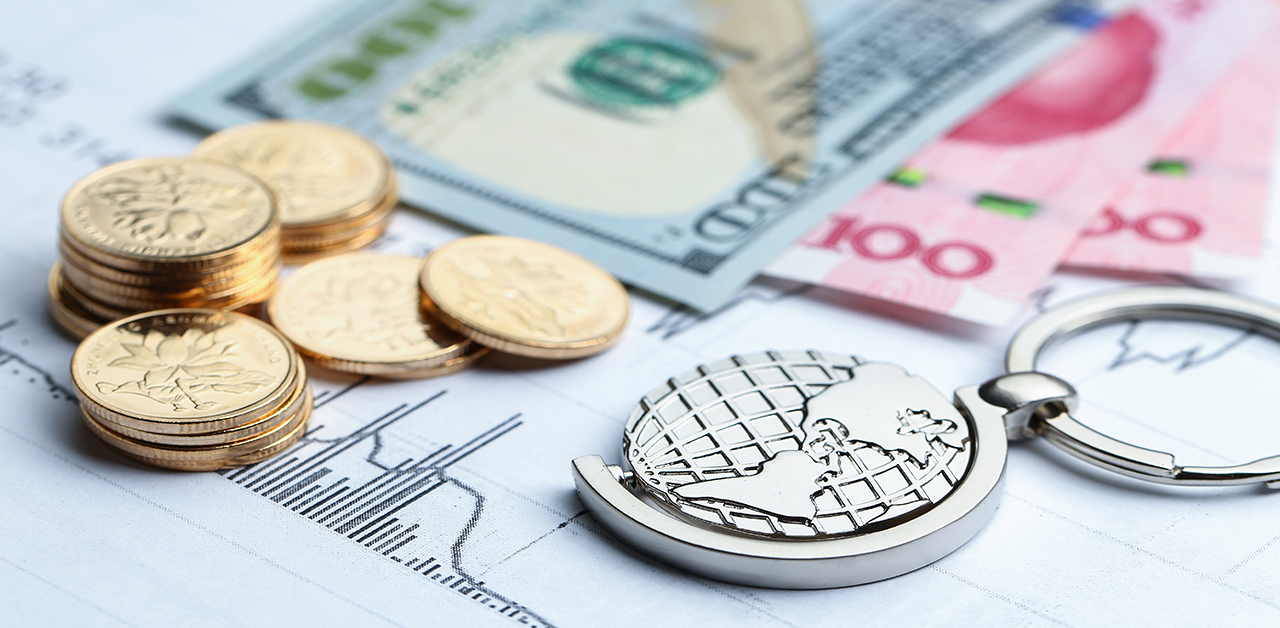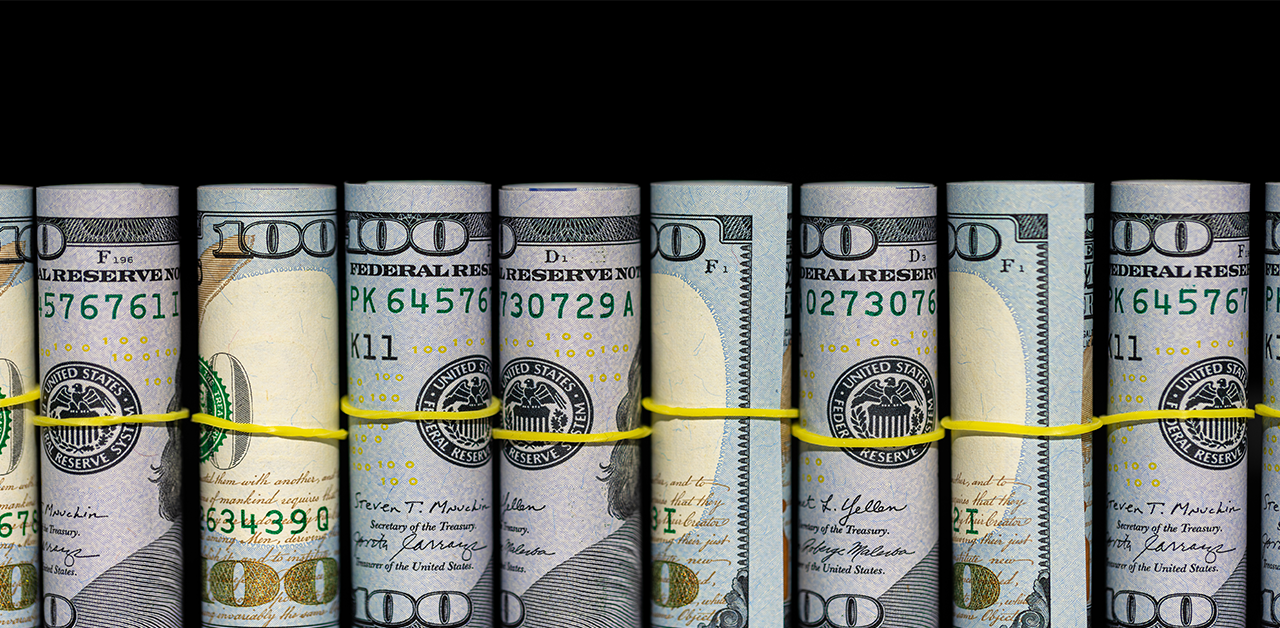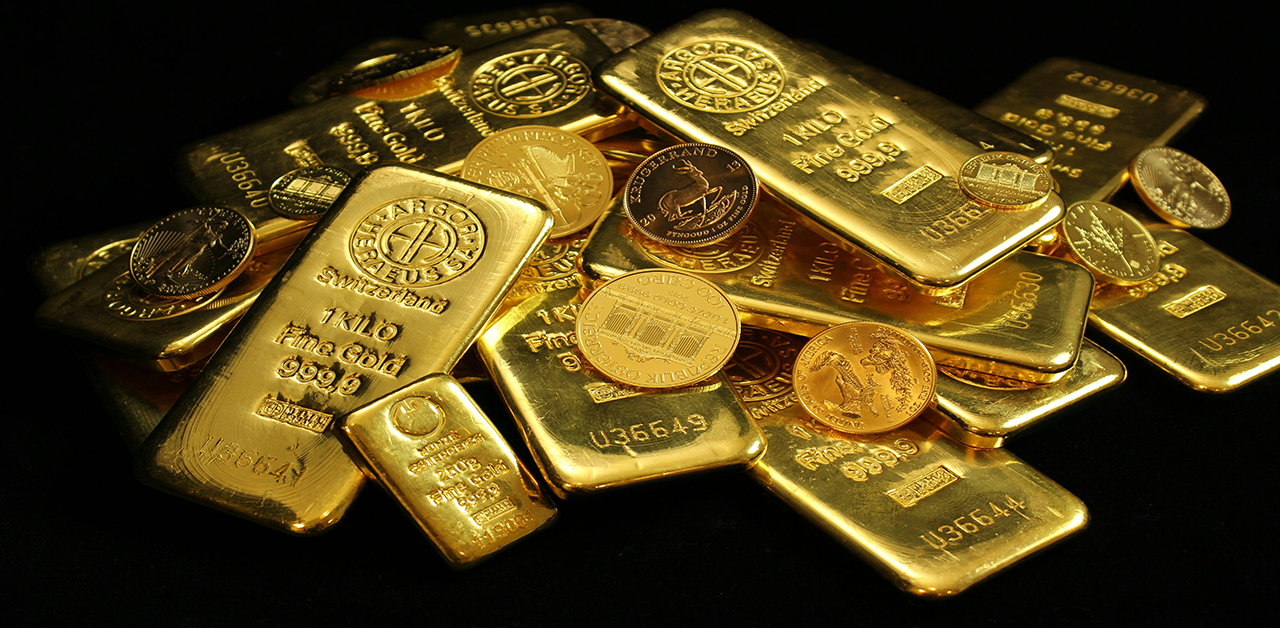Market Optimism Rises as Asian Shares Rally and Dollar Slumps on Fed’s Potential End to Rate Hikes
On Thursday, Asian shares and bonds enjoyed a rally, while the dollar faced significant losses. This shift in the market sentiment was fueled by lower-than-expected U.S. inflation figures, leading to the belief that the Federal Reserve may be nearing the end of its tightening cycle post-pandemic. In contrast, European stocks had a cautious start, with EUROSTOXX 50 futures holding steady, while S&P 500 and Nasdaq futures showed minimal movement.
Despite China reporting disappointing trade data, indicating a higher-than-anticipated decline in both exports and imports last month, Asian investors maintained their optimism. They wagered that this setback would prompt further stimulus measures. The MSCI’s broadest index of Asia-Pacific shares outside Japan surged by 1.8%, with Hong Kong’s Hang Seng index soaring 2.6% and Australia’s resource-heavy shares gaining 1.7%. Japan’s Nikkei also experienced a rise of 1.5%.
Chinese tech giants listed in Hong Kong witnessed a 3.5% rally after Premier Li Qiang encouraged their support in bolstering the slowing economy. This move adds to indications that the sector’s years-long crackdown has come to an end.
The latest U.S. consumer inflation report delivered more positive news than expected. The Consumer Price Index (CPI) showed a year-on-year increase of 3% in June, falling slightly short of the anticipated 3.1% gain. This figure is significantly lower than last year’s 9.1% for the same period. Furthermore, core inflation, which had concerned the Fed, displayed a sharper deceleration than anticipated.
However, futures still suggest a 94% probability of a quarter-point hike from the Fed later this month. Yet, the likelihood of an additional hike in September has decreased to 13.2%, down from the previous day’s 22.3%. Futures now indicate an earlier first rate cut in March next year and anticipate a total of 125 basis points in cuts by 2024.
Following last week’s sell-off, bonds rebounded, resulting in a decline in global yields. The U.S. dollar reached a new 15-month low, easing pressure on emerging market currencies and granting Asian policymakers greater flexibility to implement monetary policy adjustments.
Meanwhile, the euro reached a new 15-month high, and the Japanese yen strengthened against the dollar. Oil prices remained close to two-month highs, and gold prices remained stable.











